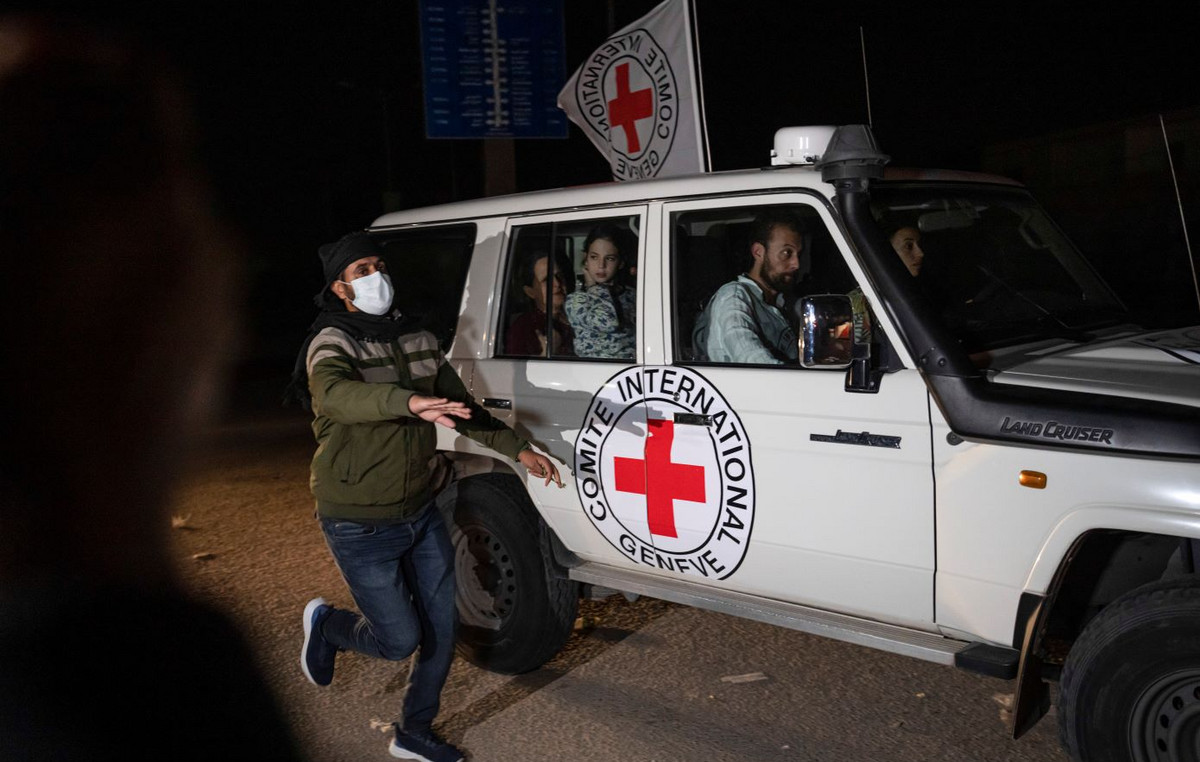A bill filed with the São Paulo City Council proposes to prohibit the sending and receiving of money via Pix in the capital of São Paulo, under a daily fine of R$ 10 thousand for financial institutions that make instant payments.
Author of the project, councilor Marcelo Messias (MDB) argues that the transfer system has “exploded” the number of lightning kidnappings in the city.
The congressman suggests that accounts linked to bank branches in the capital should once again have only TED and DOC, which are not instantaneous and may include fees.
“For account holders, what remains is the insecurity generated by the false ‘instant comfort’, the emotional exhaustion of suffering a lightning kidnapping and the headache they will have later, to try to get the bank to reimburse them”, says the PL.
“Actually, its instantaneity does not necessarily bring any benefit to São Paulo residents, but only to the banks.”
Processing in the City Council is just beginning, the proposal needs to be analyzed by the Constitution and Justice Committee of the House and other thematic committees before going through two votes in the plenary; there is no forecast yet for this to happen.
A survey by the Brazilian Federation of Banks (Febraban) carried out in December last year shows that pix is approved by 85% of Brazilians.
Based on data collected by Ipespe, the survey shows that approval is higher among younger people, above 95% among people up to 44 years of age.
Among those aged 60 or over, acceptance is around 65%. This age group has the highest service rejection rate: 22%.
At the end of last year, the Central Bank changed some pix rules with the aim of increasing the security of transactions.
In the event that financial institutions identify a suspicious account, used to receive transfers, it may be suspended – blocking the receipt of deposits – for up to 72 hours.
Before, still in October, the BC limited night transactions between individuals via pix to up to BRL 1,000.
Source: CNN Brasil
I am Sophia william, author of World Stock Market. I have a degree in journalism from the University of Missouri and I have worked as a reporter for several news websites. I have a passion for writing and informing people about the latest news and events happening in the world. I strive to be accurate and unbiased in my reporting, and I hope to provide readers with valuable information that they can use to make informed decisions.







